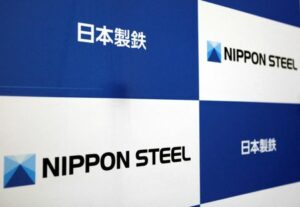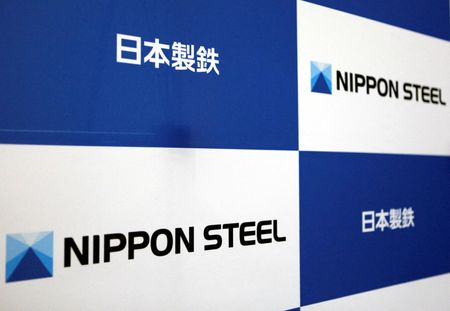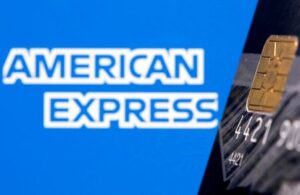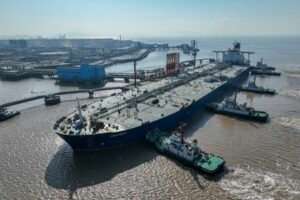By Yuka Obayashi and Ritsuko Shimizu
TOKYO (Reuters) – A senior Nippon Steel executive told Reuters he is set to meet the United Steelworkers (USW) union chief this month to seek support for acquiring U.S. Steel, expressing confidence the deal can be finalised by the end of September.
Gaining their backing could help the world’s fourth-largest steelmaker carry the $14.9 billion purchase of its U.S. rival over the line. The merger has drawn criticism from some Democratic and Republican lawmakers who worry about the national security implications of the takeover, even though the U.S. and Japan are close allies, and the powerful USW, who worry how their workers could fare under Nippon Steel’s management.
“I think we’ve cleared the contractual issues,” Executive Vice President Takahiro Mori said in an interview on Feb. 28, emphasizing Nippon Steel’s plan to uphold all of the current agreements between the union and U.S. Steel.
Mori will meet the USW chief in early March after a non-disclosure agreement it signed with the union on Feb. 26, which he sees as a positive indicator since it signalled their willingness to talk.
“We will have heart-to-heart talks” to address concerns including jobs and mills, he said.
Nippon Steel thinks it can strengthen U.S. Steel’s business without job cuts or plant closures through providing its advanced technologies, including those for high-grade electromagnetic steel sheets that are used in electric vehicles.
“The products could be a game changer in the U.S.,” Mori said, adding other skills in blast furnace operation and decarbonisation will also help grow the U.S. company.
Nippon Steel aims to find common ground with the USW by early April when U.S. Steel is expected to hold a shareholder meeting to vote on approving the deal, which would be delayed from March because of additional paperwork needed with the Securities and Exchange Commission (SEC), Mori said.
Mori is optimistic about winning shareholder approval from the shareholders thanks to the hefty 40% premium it is paying.
POLITICAL ISSUE
Asked about the opposition of former U.S. President Donald Trump and some politicians, Mori said the Japanese company’s priority now is to secure support from the union as then it will be “no longer a political issue.”
“This deal will make U.S. Steel, the steel industry and its customers, such as automakers, get stronger. The entire supply chain will get stronger… and so will national security,” Mori said, adding that there have been few objections from people in the U.S. business and economic worlds.
Nippon Steel is sticking to its goal to close the deal sometime between June and September, Mori said.
For Japan, the biggest foreign investor in the U.S., a collapse of the deal could give companies pause about acquisitions in other strategic sectors and force them to be more risk averse when sizing up deals, say former officials, lawyers, analysts and executives.
Mori also said if the U.S. dismisses the deal with “extrajudicial measures,” it would cause major damage to the appetite for Japanese companies to invest in the U.S.
“It would affect investment behaviour from Japan and make other countries close to the U.S. wary,” he said. “It’s going to be a huge minus for both of us.”
(Reporting by Yuka Obayashi and Ritsuko Shimizu; Editing by Christian Schmollinger)




